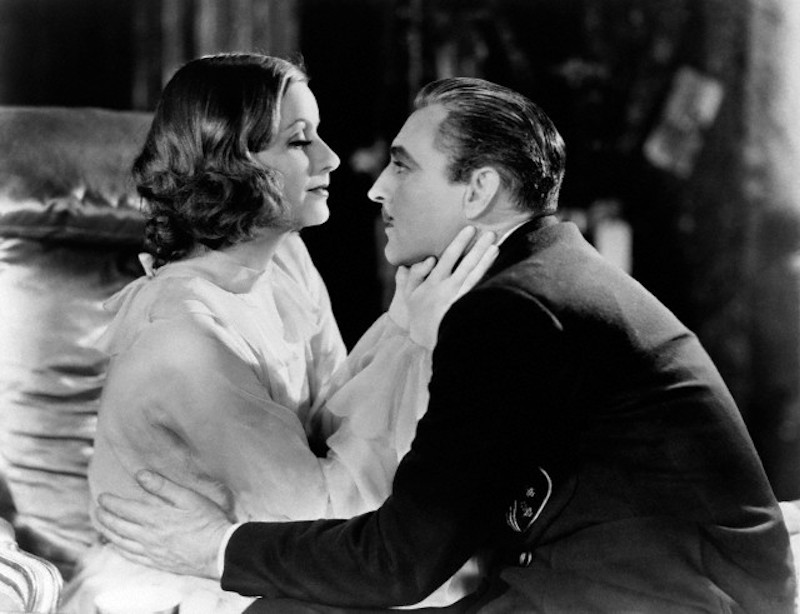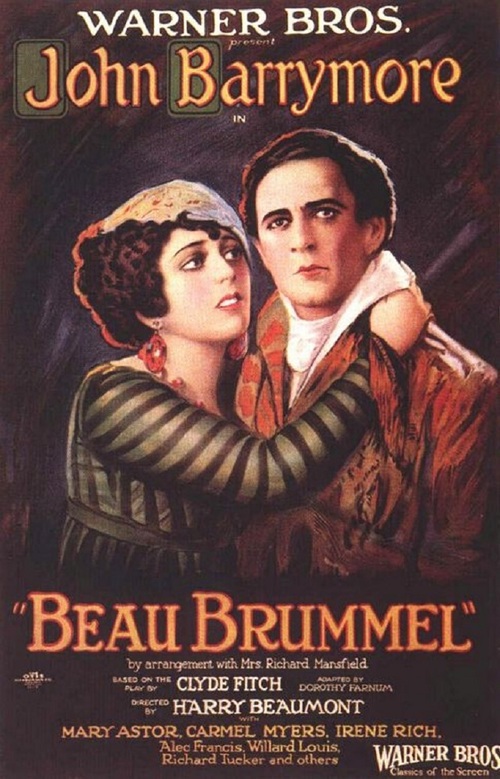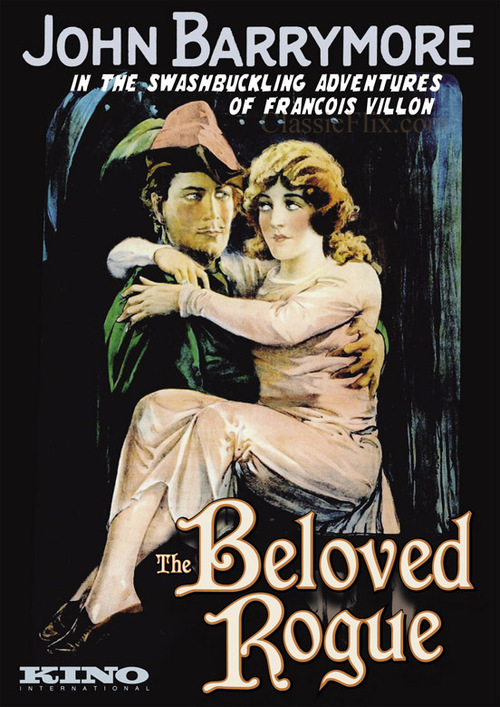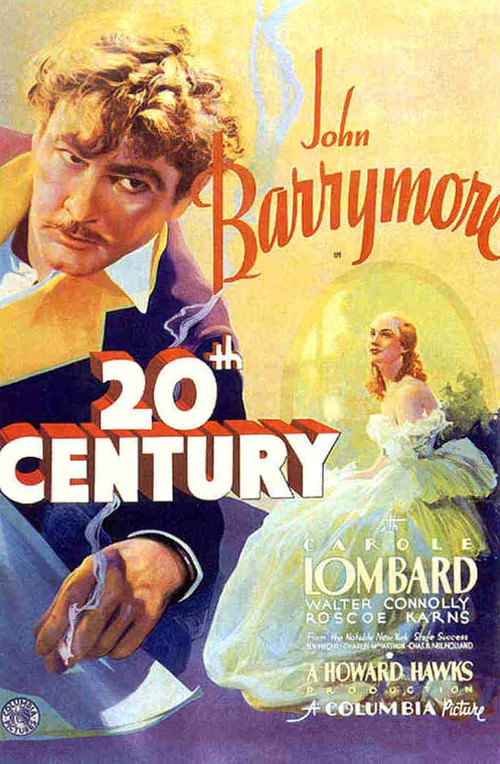
For those who only think of Drew when they hear the name Barrymore, here’s some news: a glimpse back into history will reveal that it was not she but her ancestors who first made the name famous.
Specifically, her grandfather John (born 1882), his sister Ethel (born 1879) and brother Lionel (born 1878) comprised three of the finest screen and stage performers of the early- and mid-twentieth century. The siblings had come from distinguished theater stock, and all fell into acting not because they wanted to, but because it seemed inevitable.
Of the three, Lionel was the most versatile and prolific, adapting quickly to the emerging film medium. The quintessential character actor, he would appear in over 200 films, most memorably playing the greedy Mr. Potter in “It’s A Wonderful Life” (1946).
Sister Ethel, a regal beauty, was the darling of the Broadway stage in her twenties, and waited the longest to enter films in a serious way. In the sound era, she’d carve out a niche playing mothers and grandmothers in a series of “A” films, including “The Spiral Staircase” (1945) and “Portrait Of Jennie” (1948).
Then there was the youngest, known as Jack. Though unlike his older siblings, he’d never win an Oscar, he was the only one of the three who became a true film star, both in silent and talking pictures. Dubbed “the Great Profile,” Jack was stunningly handsome, charming and magnetic. His stage-trained voice was mellifluous, his timing impeccable. He was a natural, equally adept at comedy and drama.
He was also a raging alcoholic, having started drinking heavily in his teens. This contributed to a messy, chaotic personal life, including four marriages. Over time, the effects of drink would erode both Jack’s physical beauty and prodigious talent. He’d go from being dubbed the greatest American actor ever to play “Hamlet” on Broadway in the early twenties, to a puffy caricature of himself in the late thirties, who could not even remember his lines.
Yet right up to the end, John Barrymore never lost his sharp, insightful sense of humor — about himself, his career, and life in general. Doubtless his wit served as a balm for a man who knew he’d squandered his gifts on a disease he was unable to control or conquer. It was also a form of gallantry, a way to put a brave and smiling face on the personal tragedy and waste he embodied.
Here then are a few evocative photos of “the Great Profile,” along with some memorable Barrymore quotes which will certainly amuse but also shed light on this brilliant, enigmatic and ultimately doomed figure.
Good night, Sweet Prince.
“It has been said that every man must pay the fiddler. Alas, in my case it happened that an entire symphony orchestra had to be subsidized.”
“The good die young, because they see it’s no use living if you’ve got to be good.”
“The way to fight a woman is with your hat. Grab it and run!”
“You can’t drown yourself in drink. I’ve tried; you float.”
“There are a lot of methods. Mine involves a lot of talent, a glass and some cracked ice.”
“The trouble with life is that there are so many beautiful women and so little time.”
“Sex: the thing that takes up the least amount of time and causes the most amount of trouble.”
“I’ve read some of your modern free verse, and wonder who set it free.”
“Why is there so much month left at the end of the money?”
“One of my chief regrets during my years in the theater is that I couldn’t sit in the audience and watch me.”
And finally, his last words: “Die? I should say not, dear fellow. No Barrymore would allow such a conventional thing to happen to him.”



